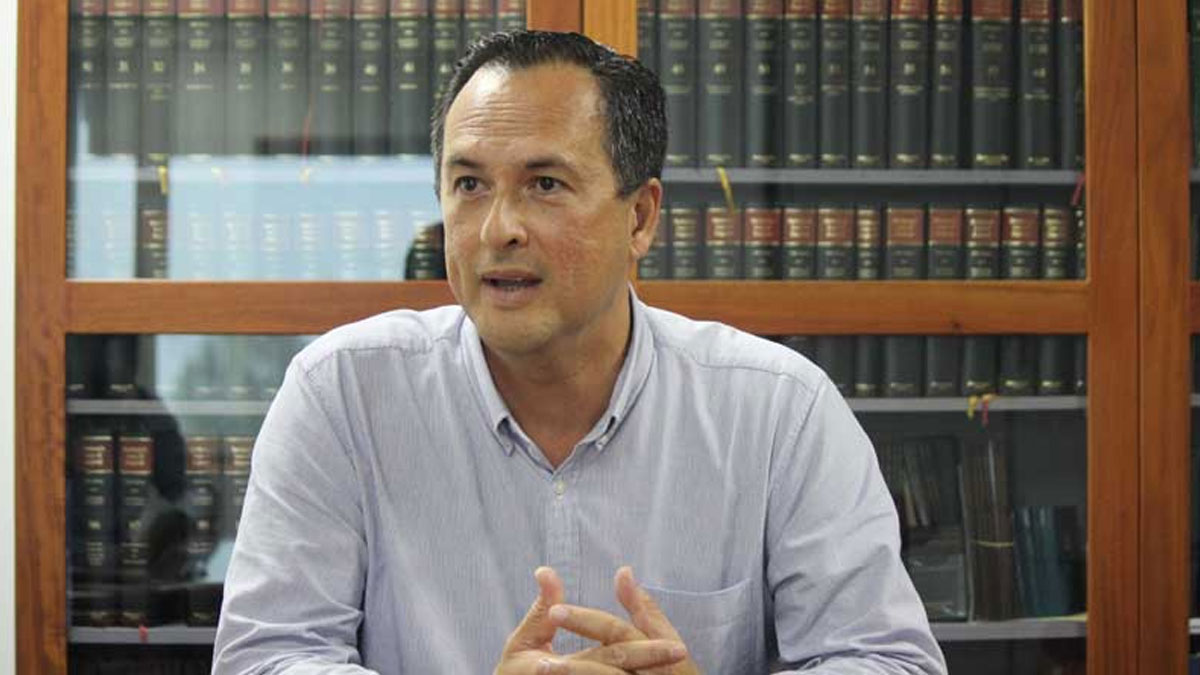
The Fiji Law Society is strongly suggesting that the government should consider transferring all of FICAC’s prosecution powers to the Office of the Director of Public Prosecutions and is also calling on the government to reinstate the assessor system in the High Court system.
While speaking during the ODPP Annual Conference at Warwick Fiji, Fiji Law Society President, Wylie Clarke says the Office of DPP’s independence is constitutionally guaranteed, and so is FICAC’s for that matter.
He says however, unlike the DPP, FICAC’s independence is qualified by section 115(9) of the Constitution which requires it to “provide regular updates and advice to the Attorney General”.
Clarke says this opens up the possibility of the consultation between FICAC and the Attorney General that is not conducive to independence.
He says since its creation, the reality of what is said to be an independent anti-corruption institution has fallen short of its promise.
The Society President says his view is that, unfortunately, a public perception has taken hold that FICAC is not independent and has been led by the former government in prosecuting opposition politicians and persons perceived as anti-government.
He says this damages public confidence in public prosecution and he is not certain that trust can be regained if the status quo remains.
Clarke further says they are calling on the government to reinstate the assessor system in the High Court system as this will help rebuild confidence in the conduct of fair trials and transparency.
He says the Law Society strongly believes that an essential element in preserving public confidence in the criminal justice system and the notion of a fair trial is that the public should participate in that process and that it is open and transparent.
He says this is why they came out very strongly against the last government’s decision to abolish the assessor system in 2021.
Clarke says the bedrock of Fiji’s criminal justice system is that an accused person’s guilt or innocence is determined (or opined upon in Fiji’s case) by his or her peers, the members of the community.
He stresses assessor participation sustains public confidence in the judicial system because it provides transparency.
The Society President says it operates as both support for, and a check and balance on, judges and a fair trial through public participation.
He says removing public participation from criminal justice will reduce transparency and erode public confidence.
Clarke adds leaving the question of guilt or innocence in serious cases to a single judge, without an accused having a choice in the matter, is neither fair nor just.
Stay tuned for the latest news on our radio stations


